By Vox Civis
For any government navigating the early years of office, missteps are inevitable. But what confronts the National People’s Power (NPP) administration today is not merely a matter of policy miscalculation or political clumsiness, but a more serious fundamental crisis of not only identity but also legitimacy. One cannot help but empathise with the predicament facing the NPP regime as it tries to balance its troubled legacy, the ghosts of its past, and its ambitious attempt at a political rebirth. Yet sympathy has its limits, especially when a government acts with absolute nonchalance that will likely alienate its own electorate.
This is about the time every year in November when the government in office should be basking in the post-budget glow; in this instance the NPP’s second budget. But instead, the administration is finding itself at the receiving end not only for the absence of relief for the majority of the population in the budget it presented but also its attempts to resurrect a dark past best left in the dark.
That being so, last week’s “Il Maha Viru Samaruma,” or the annual “Commemoration of November Heroes,” has brought about serious concerns about the NPP’s credentials and its parent party, the JVP’s growing ambitions. These developments coming at a time usually reserved for good tidings, has brought about a growing tide of public disillusionment; a tide that it has, to a significant degree, summoned upon itself.
From its inception, the NPP was engineered as a political rebranding project; a cosmetic transformation meant to obscure the darker chapters of the Janatha Vimukthi Peramuna’s (JVP) past and present the movement as a modern, technocratic alternative. As the JVP, its electoral fortunes rarely climbed beyond three percent since appearing in mainstream politics in 1994. The party was tolerated as a fiery voice of dissent, not embraced as a viable governing force.
The NPP attempted to change that. Voters, fatigued by decades of misrule by the two dominant parties, allowed themselves to believe that the JVP had finally shed its extremist Marxist ideology and was ready to take on government within democratic norms. The electorate was constantly reminded of the 76-year history of mistakes by the mainstream parties through the NPP’s slick campaign, but conveniently left out the fact that the JVP was an active and often destructive participant in 55 of those years. The notoriously short public memory of Sri Lankan voters provided perfect cover.
Yet political amnesia rarely lasts forever and last week, with a single event, the NPP leadership shattered the carefully constructed illusion it had cultivated that the JVP was not pulling the NPP’s strings.
From commemoration to confession
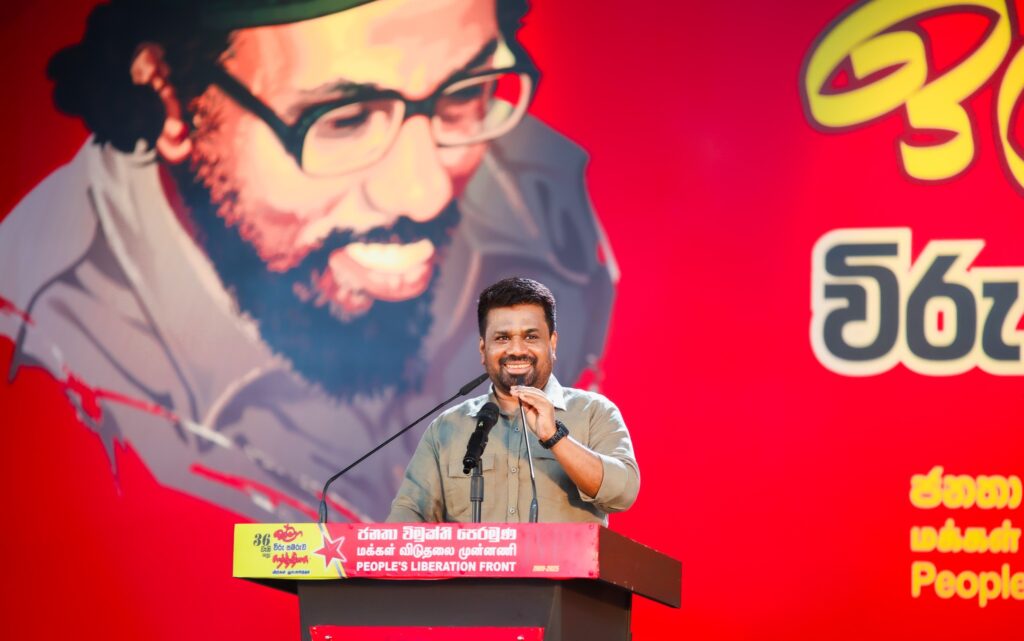
President Anura Kumara Dissanayake’s attendance and indeed, his leading role at the JVP’s 36th Il Maha Viru Samaruma, the annual commemoration of “November Heroes,” has proven to be one of the most politically unwise acts of the new administration. What was expected to be an internal party ritual has – thanks to social media – transformed overnight into a national flashpoint. His presence complemented by his Cabinet of Ministers, coupled with the ideological fervour in his speech, resurrected the very ghosts the NPP project was designed to bury. Social media erupted in a torrent of anti-JVP sentiment, with harrowing stories, eyewitness accounts, and long-suppressed memories of the late 1980s flooding the public discourse once again.
The thing is this. Dissanayake attending this event in the past as Leader of the JVP was fine. But now he is the President and Head of State of Sri Lanka. He is supposed to be a statesman and his leadership role in the JVP can never supersede the role of Executive President. An Executive President presiding over an event commemorating insurrectionists killed during a bloody insurrection that brought the nation to its knees, sends all the wrong signals.
If there is to be a post-mortem, it will be apparent that this commemoration has turned into a self-inflicted political wound; a wound that was supposed to have been healed by the NPP bandaging. The public reassertion of an identity the party had spent years trying to distance itself from, was as ill-advised a move as one could have but given the tone and defiance of the speakers, one is left to wonder whether the wolf has finally decided to shed its sheep skin.
The NPP’s image as a moderate, policy-driven reformist coalition evaporated with every speech, replaced by the unmistakable silhouette of the old JVP. The party that claimed to have evolved beyond its radical past, stood exposed for what it was – celebrating the deadly violence it unleashed on a hapless nation and the success it achieved in concealing those dark deeds through the NPP project, in tatters.
Besides, the symbolism was unavoidable: the venue, Viharamahadevi Open Air Theatre was filled not with the NPP’s broader coalition of technocrats, academics, and middle-class professionals, but with the JVP’s hardcore cadre. The tributes paid honoured those who had engaged in violent uprisings against democratically elected governments. And at the helm stood the sitting President of Sri Lanka.
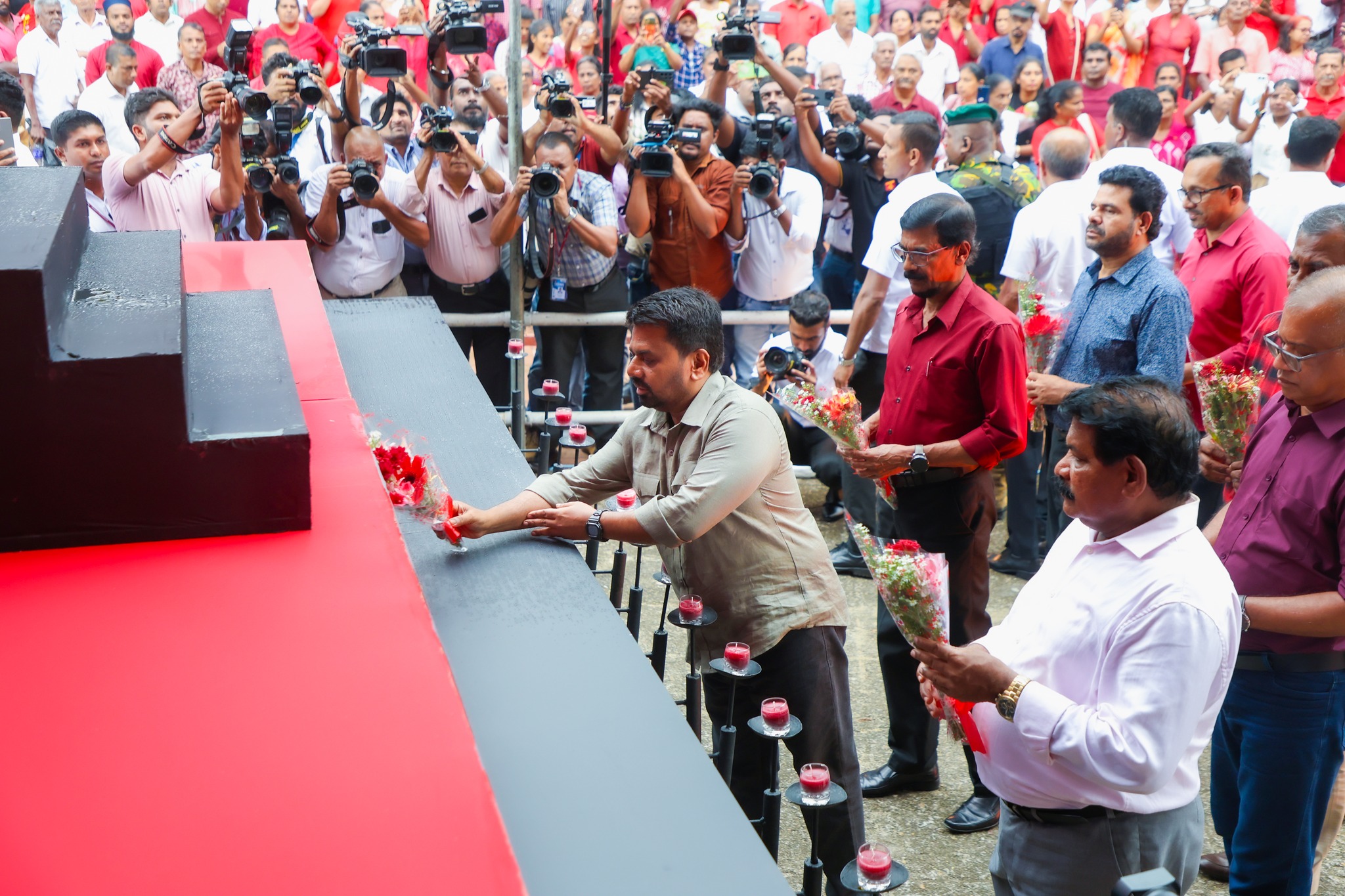
While past events did not attract the kind of attention it did this time around as the JVP has never led a government before, the people were made to digest a lot and come to terms with a lot in this one, poorly, advised move. For the record, Sri Lanka has never witnessed a Head of State solemnly commemorating an armed insurrectionist movement that had taken up arms against the state itself. The precedent and stain this left, is indelible.
Consequences of awakening dormant ghosts
The most detrimental outcome for the NPP at this juncture may not be the resurfacing of painful history, but the political realignment it may trigger in the electorate. The majority of the NPP’s electoral coalition did not vote for the JVP per se; they voted in protest against the traditional ruling parties. People used their ballot as a desperate call for systemic reform, not the ideological endorsement of a Marxist revolutionary movement. Therefore, the resurfacing of the JVP identity in its raw, unapologetic, and ideologically aggressive form, has given those voters a compelling reason to return to their old, familiar party loyalties.
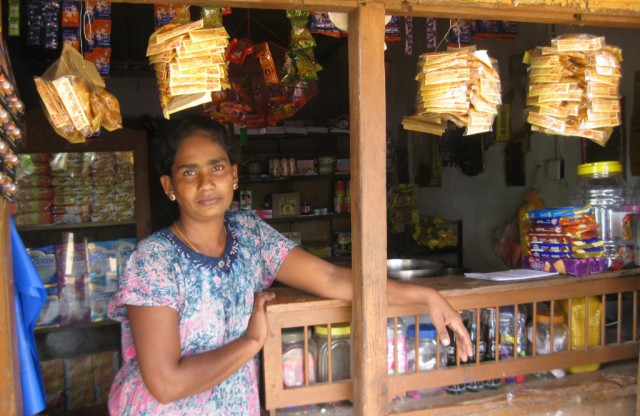
This risk is compounded by the NPP’s failure to deliver the economic relief it promised. The 2026 Budget has offered little comfort to the middle class, professionals, SMEs, or the working poor who were persuaded by the NPP’s fiery campaign rhetoric. Instead, the government appears more inclined to appease the IMF – an institution the JVP has demonised for decades – than to implement its own manifesto. The infamous manifesto that the electorate voted for has been cast in to the dustbin of political history.
For many, the ideological betrayal is profound to the extent that it was none other than the JVP that has been the loudest critic of the IMF and anything it ever had to do in this country, but no sooner it was elected to office, the IMF became its darling. Having framed external debt conditionalities as Western imperialism while in opposition, the party is taking great pains to portray compliance as pragmatic necessity. These contradictions are not minor recalibrations for they reflect a deep identity crisis that is fracturing the coalition that carried the party into power.
Justifying terror
Perhaps the most unsettling aspect of the President’s participation in the JVP’s commemoration is its implicit legitimisation of past violence. Instead of remorse, or even sober historical reflection, the event conveyed a sense of pride: pride in an armed struggle that included bombings, assassinations, kidnappings, arson, extortion, bank robberies, destruction of state property, and the systematic terrorising of ordinary civilians.
For decades, successive governments failed to prosecute or hold accountable the architects of these atrocities. But to see a government not only gloss over these crimes but publicly celebrate the perpetrators is deeply troubling. It sends a message that brutal political violence, can be retrospectively sanitised.
This raises a fundamental question: Do today’s JVP-NPP leaders subscribe to the same doctrines that justified violence? The decision to commemorate the past rather than relegate it to history suggests that the ideological core may not have evolved as dramatically as they claim.
Worse still, the commemoration stands in stark contrast to the government’s refusal to use similar language to describe the armed forces personnel who fought the LTTE. Both the JVP and LTTE were groups that rose against the state. Yet only one is being officially glorified, apparently because its fighters belonged to the majority ethnicity. The moral inconsistency is glaring even though both the JVP and the LTTE commemorate their ‘martyrs’ just 12 days apart in November every year.
The ideological somersault
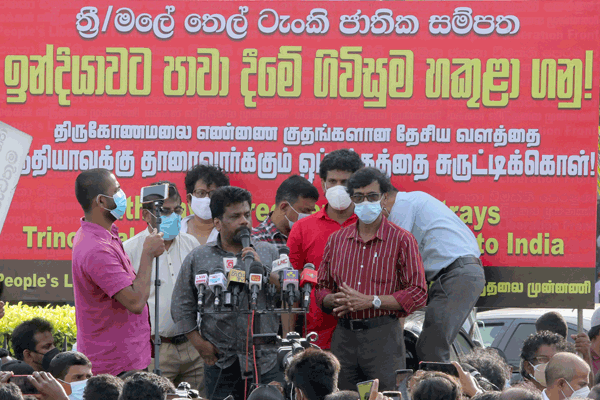
Besides, how does one describe the ideological somersault from being anti-Indian revolutionaries to pro-Delhi pragmatists, overnight? The contradictions do not end there. The JVP’s revolts in the 1980s were explicitly framed as resistance to Indian expansionism. Rohana Wijeweera castigated the 13th Amendment as a betrayal of sovereignty and a stepping stone for Indian domination. The JVP killed, burned, and destroyed in the name of fighting India’s influence.
Today’s JVP-NPP leadership, however, is unmistakably pro-India. Agreements with New Delhi, including one signed earlier this year under a veil of secrecy, have come to define the government’s foreign policy posture. The absence of transparency regarding these pacts is not merely suspicious but a staggering betrayal of the ideology the JVP claims to honour. Had Wijeweera been alive, he would likely have viewed this newfound friendship with Delhi as the ultimate desecration of everything he fought and killed for.
Equally disorienting is the party’s transformation into a pro-IMF, pro-liberal governance entity. The JVP that condemned the “capitalist elite” is now happily presiding over the same market-driven policies they opposed, but without the economic expertise necessary to implement them effectively. While the party will argue that this is ideological evolution, what it actually is, is political opportunism.
Hypocrisy of selective heroism
The government’s glorification of JVP insurrectionists while refusing to call the nation’s forces personnel who fought the war against the LTTE as heroes has understandably sparked outrage. To many Sri Lankans who lived through the terror of the late 80s, the comparison is neither academic nor theoretical. It is deeply personal. Thousands still bear the emotional, physical, and economic scars of two bloody JVP uprisings. For them, this commemoration and its glorification by the country’s President reopened old wounds they had spent decades trying to heal.
Some now ask a simple but uncomfortable question: If a new terrorist movement emerged today whether from the jungles of Mullaitivu or Yala, would President Dissanayake deploy the armed forces to crush it? Because that is precisely what leaders like Sirimavo Bandaranaike, J.R. Jayewardene, and Ranasinghe Premadasa did. Criticise their methods if one wishes, but they acted to protect the state and its citizens. The romanticisation of political violence is a dangerous, slippery slope and the NPP has taken its first steps upon it.
Beyond ideology and symbolism, the commemoration raises a more practical concern: Did the President and accompanying ministers use state resources for this event? If the answer is yes – if state vehicles, security details, fuel, or funds were utilized – then the hypocrisy is complete. The NPP leadership spent years accusing its predecessors of abusing state resources for partisan activities. If it has now done the same, where is the change and does it not amount to abuse of state resources? The NPP built its political identity on moral superiority, but moral superiority cannot coexist with duplicity.
Cost of forgetting and price of remembering
Every nation navigates difficult histories. But mature democracies do so through transparent truth-telling, institutional accountability, and moral clarity. Sri Lanka, however, is witnessing a government that instead chooses selective remembrance; honouring one set of perpetrators while disregarding their victims.
By resurrecting the JVP’s ideological past and celebrating its violent history, the NPP has triggered a national reckoning that it is ill-equipped to manage. It has reminded the electorate that beneath the new logo, modern slogans, and promises of technocratic governance lies a movement whose relationship with democracy has always been uneasy.
November 13, 2025 may well be remembered as the day the NPP’s carefully constructed narrative collapsed. Not because its critics destroyed it, but because the party, intoxicated by nostalgia and blinded by arrogance, chose to destroy itself by resurrecting the ghosts of the JVP through Presidential patronage.
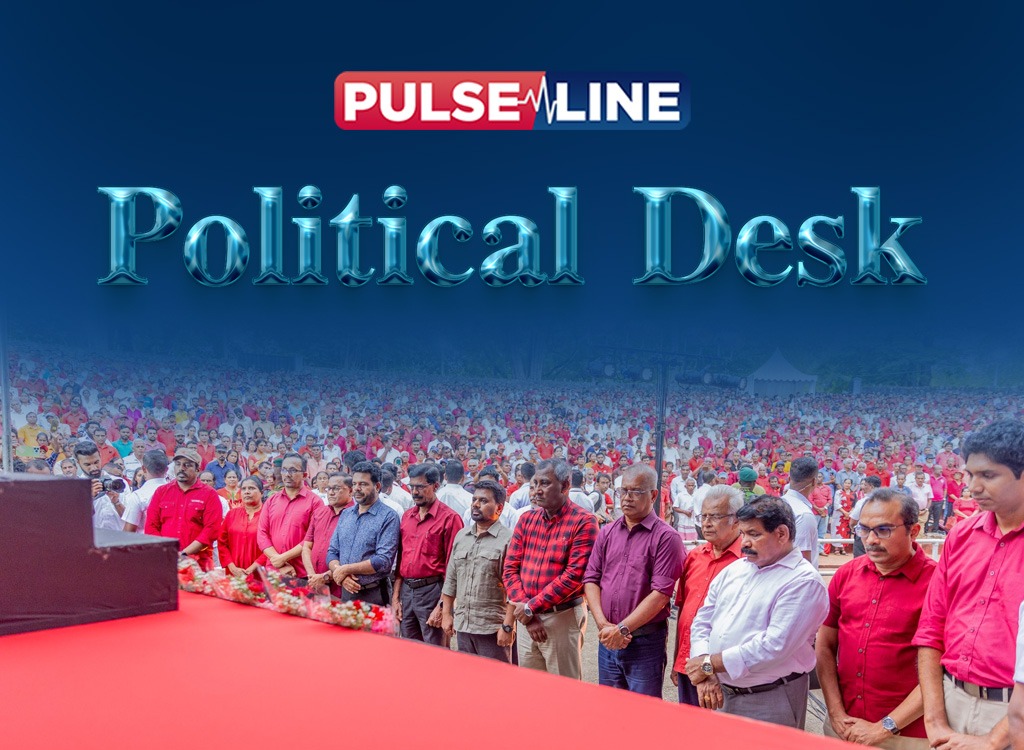
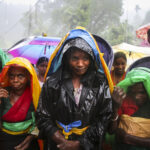

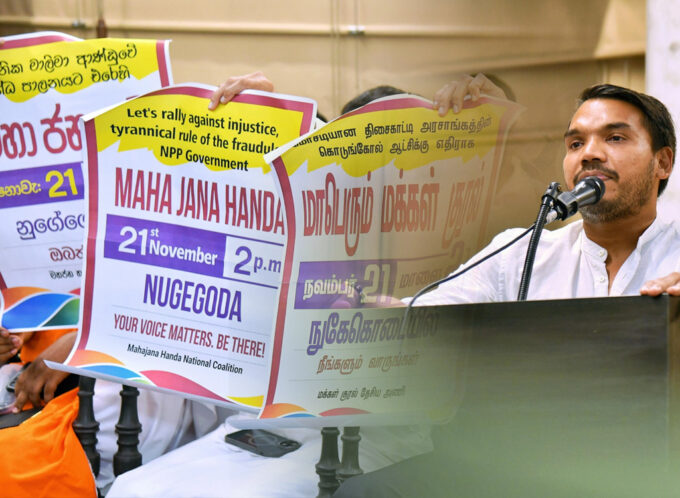
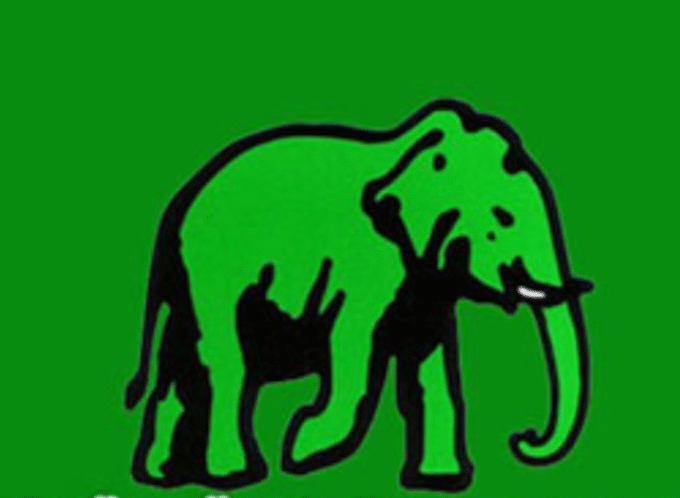

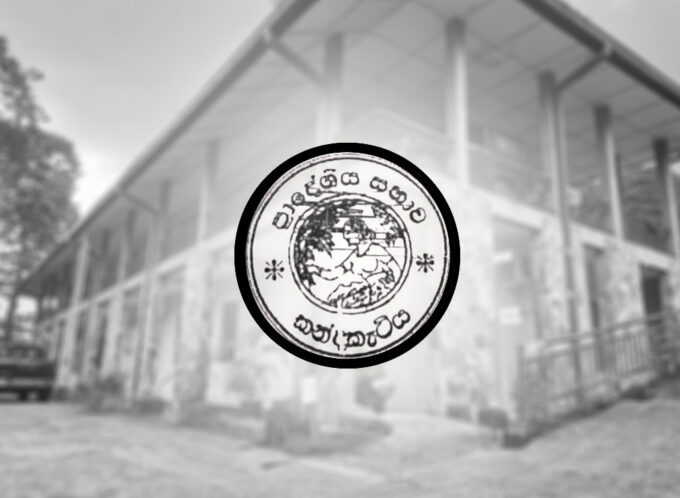

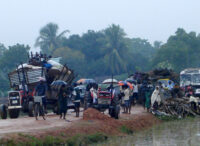
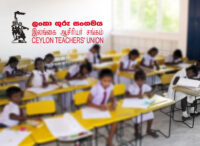

Leave a comment